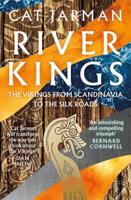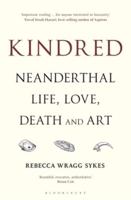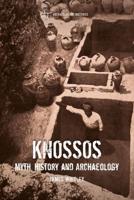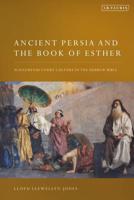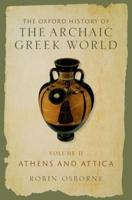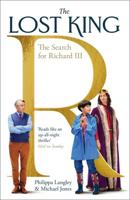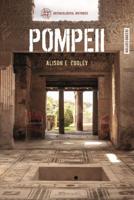Publisher's Synopsis
This pioneering ethnoarchaeological study is of contemporary ceramic production and consumption in several villages in the Los Tuxtlas region of Mexico. While many archaeologists have identified ceramic production zones in the archaeological record, their identifying criteria have often been vague and impressionistic. The present book's contribution is to use ethnographic research to suggest how archaeologists might consistently recognise ceramic manufacturing. It also places ceramic production in larger cultural contexts and provides details of the ecology, production, distribution, use, discard, and site formation processes. Philip Arnold's critical observations on some of the serious weaknesses in archaeological interpretations of ceramic production will interest Mesoamericanists and all other archaeologists grappling with these, and related, issues.

